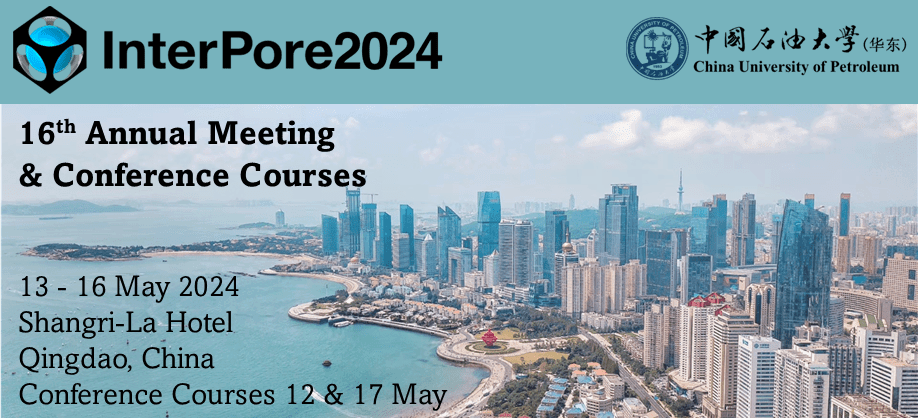Speaker
Description
Brine-gas interfacial tension (γ) is an essential parameter to determine fluid dynamics, trapping and distributions at pore-scale, thus influencing gas storage capacities and securities at reservoir-scale. However, γ is a complex function of pressure, temperature, ionic strength and gas composition, thus very time-consuming and costly to cover all these influencing factors by experiment. Therefore herein, a machine learning workflow is established to predict γ accurately and and develop a mathematical prediction model under various gas (H2, CH4 and CO2) geo-storage scenarios.
First, three types of gases (namely H2, CH4 and CO2) were encoded based on their molecular weight. Then, γ and its influencing factors were input into the dataset (total 300 data points were collected, and the ratio of the training to the testing dataset is 8 : 2). Next, the advanced Transformer model was used to predict γ with the determination coefficient (R2) to evaluate the prediction accuracy. Finally, an accurate γ prediction correlation is derived as a function of pressure, temperature, ionic strength and gas composition.
The prediction results have shown that:
1) The prediction precision is high with (R2>0.8);
2) under typical gas geo-storage conditions, γ magnitudes follow the order H2 > CH4 > CO2, e.g., γ is 68 mN/m, 62 mN/m, and 27 mN/m respectively at 10 MPa and 50 ºC for these three gases;
3) For a representative H2 geo-storage scenario with CO2 as cushion gas, γ for the H2 and CO2 mixture is smaller than that for H2, while larger than that for CO2, which is attributed to various intermolecular forces for various gas compositions;
4) γ decreases with increasing pressure and temperature, while γ does not have a monotonous relationship with I, quantitatively consistent with experimental observations.
To our best knowledge, this is the first time to introduce a robust Transformer-based formula generation framework and develop a mathematical model for cost-effective prediction of γ under a wide range of gas geo-storage conditions. These insights will promote energy transition, balance energy supply – demand and reduce carbon emissions.
| Country | China |
|---|---|
| Conference Proceedings | I am interested in having my paper published in the proceedings. |
| Student Awards | I would like to submit this presentation into both awards |
| Acceptance of the Terms & Conditions | Click here to agree |




.jpg)
